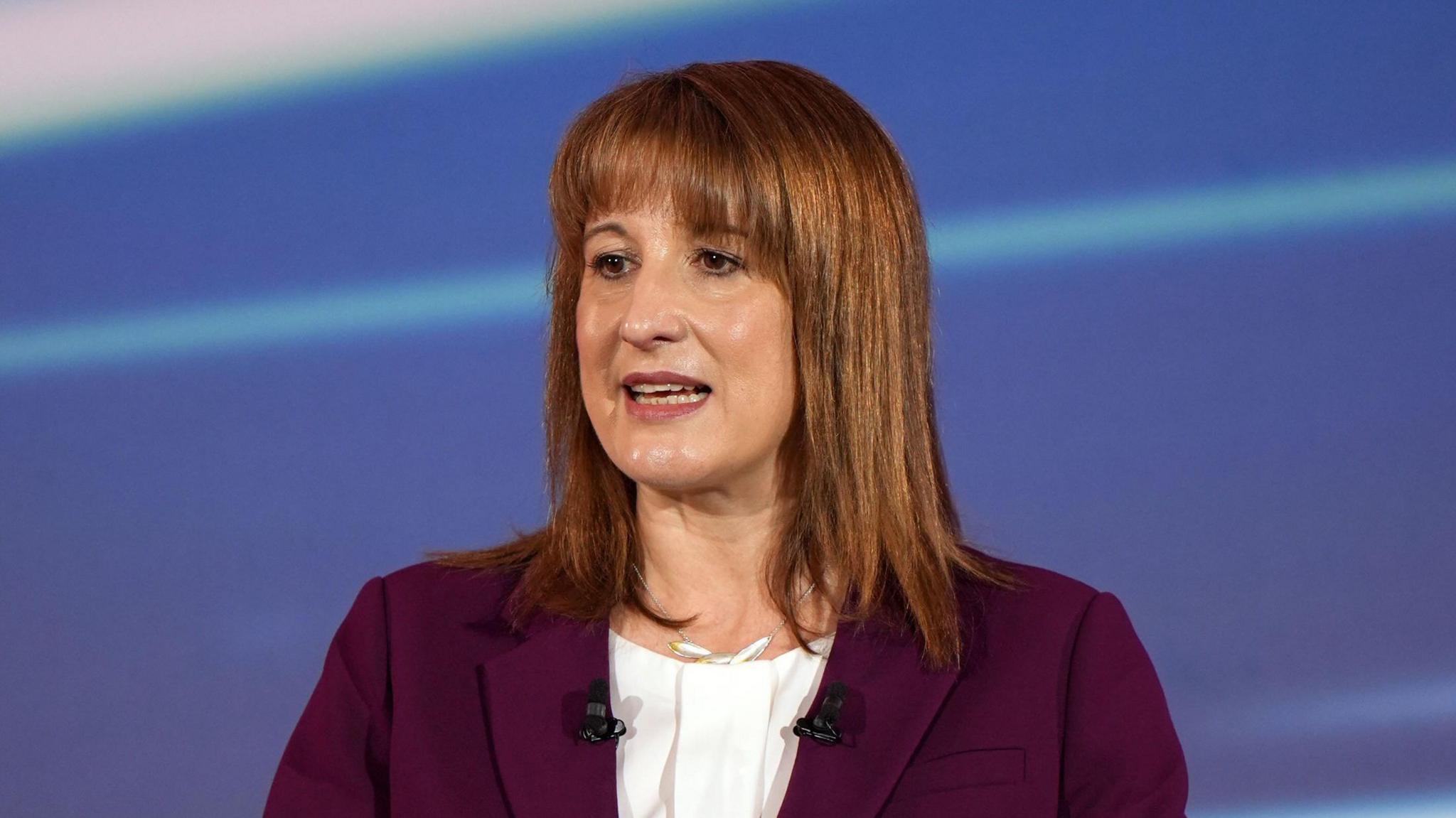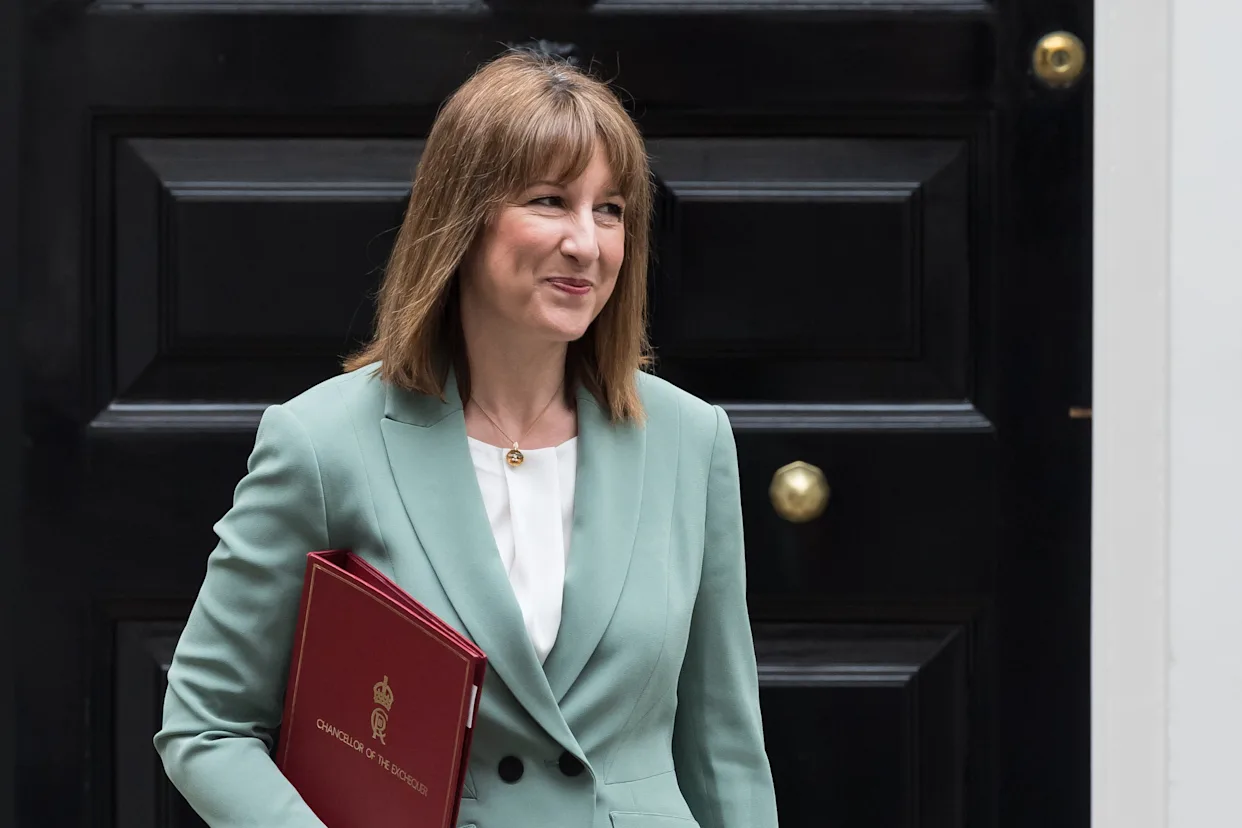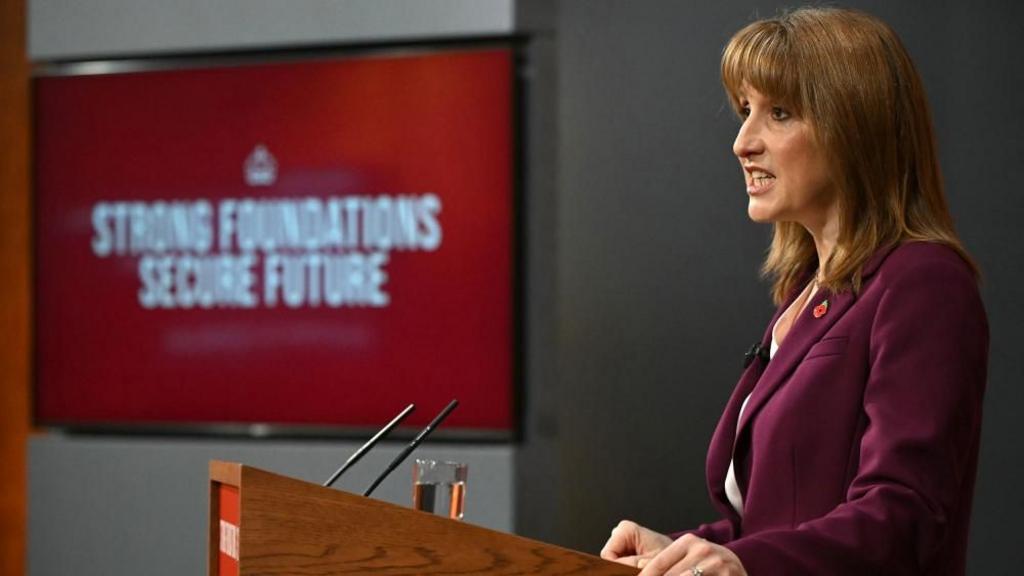Rachel Reeves Signals Tax Rises to Tackle £22 Billion Fiscal Shortfall in November Budget
Chancellor Rachel Reeves delivered a Downing Street speech on November 4, 2025, signaling inevitable tax rises to close a £22 billion fiscal shortfall ahead of the November 26 Budget. She blamed legacy issues like Brexit's trade drags and austerity cuts, while acknowledging her government's welfare adjustments have added billions more to the deficit. This builds on last year's £40 billion tax package, aiming to restore fiscal stability amid sluggish growth.
What We Learned From The Chancellor's Speech
Chancellor Rachel Reeves stood firm at Downing Street today, outlining the stark realities facing Britain's public finances ahead of the November 26 Budget. She positioned upcoming tax increases as unavoidable steps to address a £22 billion shortfall uncovered in recent audits, pinning much of the blame on Brexit's trade disruptions, years of austerity, chronic underinvestment, and lingering supply chain issues. In a moment of transparency, Reeves also noted that her government's adjustments to welfare protections—easing cuts to shield families—have contributed an extra few billion to the deficit, prompting a revisit to the £40 billion tax package she unveiled just over a year ago.
This address marks a clear shift from the fiscal steadiness Reeves pledged during the 2024 election campaign. Market watchers point to her prior reliance on tight margins, now strained by an anticipated Office for Budget Responsibility downgrade in productivity forecasts that could widen the gap by £20 billion. Gilts edged higher in response, underscoring investor wariness as Reeves navigates this high-wire act.

Chancellor Rachel Reeves outlines proposed exit and mansion taxes ahead of the November 2025 Budget, aiming to address the UK’s fiscal gap.
Unpacking the Deficit: Legacy Issues Collide with Current Pressures
Reeves laid out the key drivers without pulling punches. Economists align with her view that Brexit drains over £100 billion annually from the economy through reduced trade and investment flows. Layer on the fallout from Liz Truss's 2022 mini-budget, which eroded international trust and spiked borrowing expenses, and the foundations feel shaky. Her speech took accountability further by detailing how Labour's welfare softening—reversing some planned £5 billion in annual savings—has inflated costs to support those hit hardest by rising living expenses.
Opposition voices labeled it a reversal on prudence, while allies framed it as essential adaptation amid threats like renewed U.S. tariffs. "Each of us must do our bit for the security of our country and the brightness of its future," Reeves stated, rallying for collective effort as rumors swirl around potential hikes in capital gains tax or employer contributions.
Financial Angle: Navigating the Deficit and What It Means for Your Finances
This fiscal shortfall essentially means government outlays exceed revenues, building debt like a snowball that grows with interest. Picture your own budget: earnings stall while bills for groceries and utilities climb unchecked. In the UK, public debt now sits around 100% of GDP, a threshold that alarms lenders and can push up costs for everything from home loans to local services.
For everyday households, Reeves' strategy hits close to home. Tax adjustments to close the gap—perhaps via frozen thresholds or targeted levies—could trim £500 to £1,000 from yearly disposable income, based on projections from fiscal watchdogs. That's real money: less for groceries or unexpected repairs in an economy growing at just 1.2% this year, well short of the 2% pace needed for relief. According to analysis reviewed by Finance Monthly, the OBR's 0.3 percentage point productivity trim equates to £14 billion to £20 billion less revenue over the medium term—funds that could otherwise bolster public services like the NHS during peak demand.
Failure to act decisively echoes 2022's turmoil, where market backlash inflated rates across the board and squeezed family budgets. Yet decisive steps might tame inflation, easing pressure on wages and opening doors for investments in areas like renewable energy.
Here's a fresh angle for savers: With employer national insurance eyed for a jump from 13.8% to 15% next April, negotiate a preemptive shift of £200 monthly from salary to pension contributions now. This dodges the higher rate on that portion, netting a £240-£360 annual tax break for a typical £30,000 earner under current bands. Meanwhile, eye FTSE 100 stalwarts in utilities; if Budget infrastructure pledges materialize, companies like National Grid stand to gain 10-15% in value, providing a buffer against choppy waters.
Reeves wrapped with determination: "As I take my decisions on both tax and spend, I will do what is necessary to protect families from high inflation and interest rates." Markets will test that resolve long before the Budget lands.

Chancellor Rachel Reeves outlines plans to increase taxes in the November Budget.
Key Questions on Rachel Reeves and the Budget Ahead
What Taxes Could Rachel Reeves Target in the November 2025 UK Budget?
Talk centers on measures outside manifesto red lines, such as aligning capital gains with income tax rates or easing inheritance tax reliefs on assets like farmland. A potential 30% cap on pension relief might yield £5 billion without altering core rates, leaving basic taxpayers largely untouched but exposing threshold freezes that nudge more into higher brackets over time.
What Is Rachel Reeves' Net Worth in 2025?
Rachel Reeves' net worth hovers at about $2 million in late 2025, drawn from her £122,000 MP salary, earnings from her book The Everyday Economist, and steady property holdings in Yorkshire. For a high-profile economist-turned-chancellor, it reflects a focus on steady public service rather than flashy gains.
Why Does the UK Face a Fiscal Shortfall in 2025?
The £22 billion gap arises from post-election spending revelations, an OBR-projected £20 billion productivity hit, and welfare policy shifts adding billions in costs. External factors like trade barriers compound it, compelling Reeves to adapt rules she helped shape, all against a backdrop of 1.2% growth that's too sluggish for surplus.
| Category | Details |
|---|---|
| Individual | Rachel Reeves, UK Chancellor of the Exchequer |
| Event | Pre-Budget speech outlining fiscal challenges and potential tax rises |
| Date | Early November 2025 |
| Main Message | The UK faces a £22bn fiscal shortfall; tax rises are likely to meet financial rules |
| Reason Cited | Legacy of previous governments’ austerity, Brexit, underinvestment, and global inflation pressures |
| Policy Focus | Protect NHS, reduce national debt, address cost of living, stimulate growth |
| Financial Impact | Potential £30bn+ in tax rises; aims to restore market confidence and maintain fiscal sustainability |
| Budget Announcement | 26 November 2025 |













